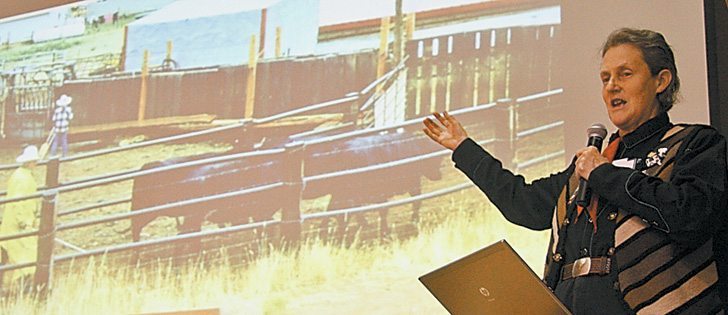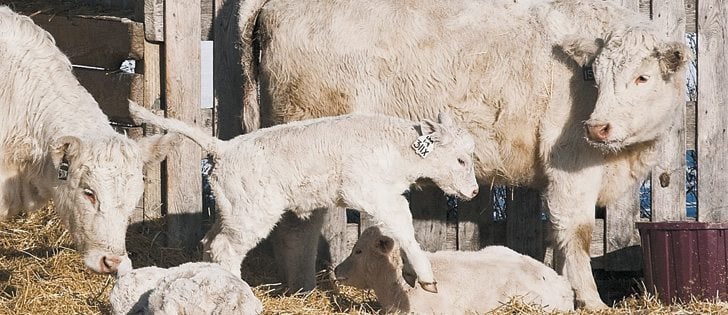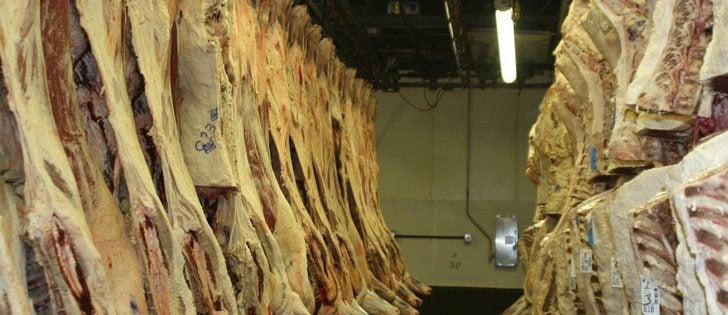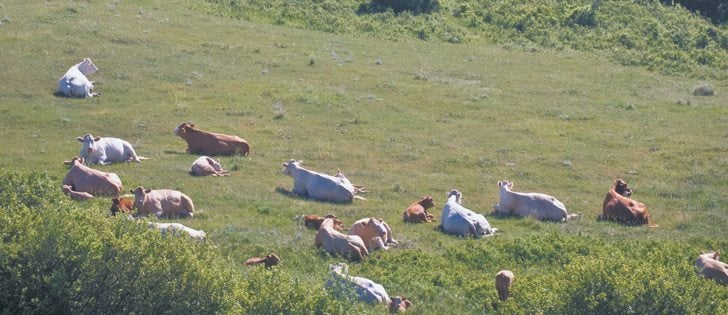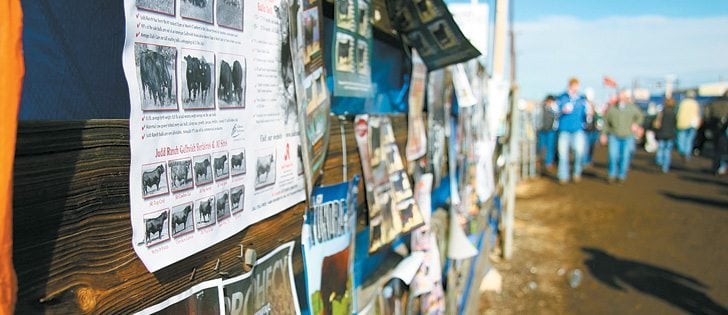$50,000 pledged Money earmarked for cattle tag retention, greater awareness of premise registry
CYPRESS HILLS PARK, Sask. — Lyle Stewart used his first appearance as Saskatchewan’s new agriculture minister May 27 to announce $50,000 in funding for traceability projects.
Speaking to the Saskatchewan Stock Growers Association annual convention, Stewart said the organization would receive the money for two projects.
Half will go to a cattle tag retention project, which is part of a national study observing beef herds in five provinces.
“There’s always issues with tags being lost, and so the $25,000 for the tag retention study is to find out once and for all, and inform producers how is the best way to tag and which tags have the best retention rate and so on,” Stewart told reporters after his speech.
Read Also

Trump’s tariffs take their toll on U.S. producers
U.S. farmers say Trump’s tariffs have been devastating for growers in that country.
SSGA president Harold Martens said the baseline data collected will improve traceability.
The SSGA will use the other half of the money to increase awareness of the premise identification registry through the Canadian Cattle Identification Agency.
“It’s going to take some education to convince producers that they should be involved in it, and through stock growers is a good way to do that,” Stewart said.
The SSGA has been encouraging producers to register, but the process is voluntary. Stewart said it should remain that way.
The minister told the cattle producers that he hadn’t had time to get up to speed on all the issues in the three days since he had been appointed to the job.
However, he did say he planned to continue former minister Bob Bjornerud’s open door policy for credible organizations such as the SSGA.
He noted the significant contribution that agriculture makes to the provincial economy.
Last year, the province exported more than $10 billion worth of agri-food products, surpassing Ontario for the first time ever to be the country’s top exporter in that category.
“Agriculture has certainly reclaimed its position as the second most important industry as far as contributing to the economy in the value of our (provincial) exports,” Stewart told the crowd.
“I think we have the potential to be first again. That’s what I’d like to see for this industry.”
He also listed among his priorities the need for agriculture to tell its story and educate urban people who don’t necessarily appreciate where their food comes from.




